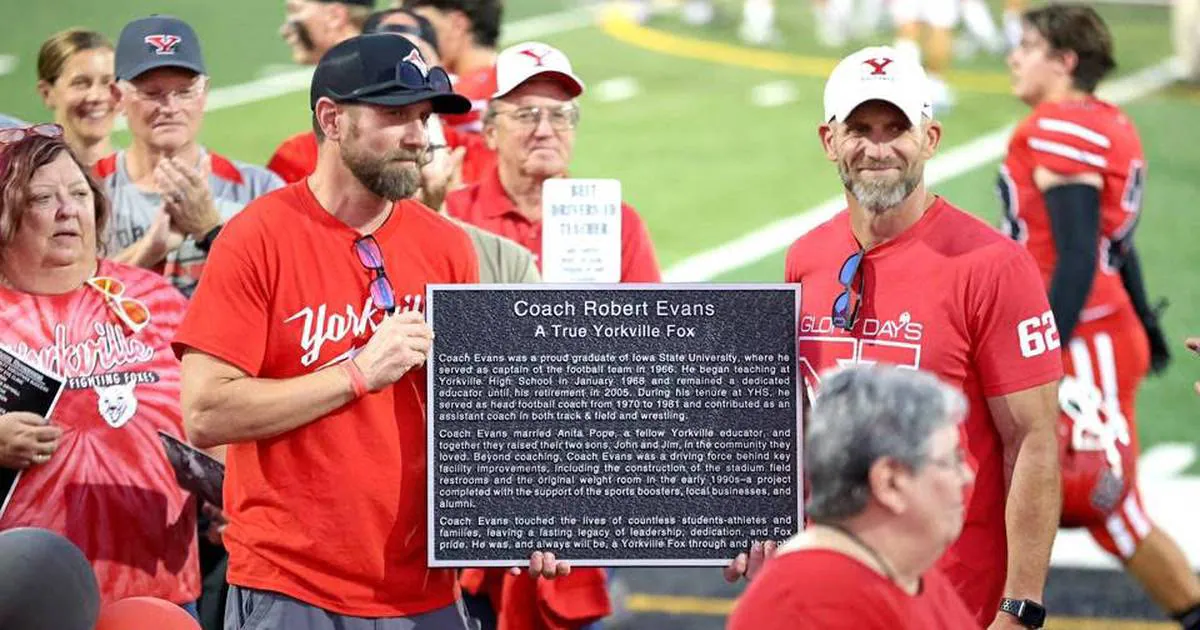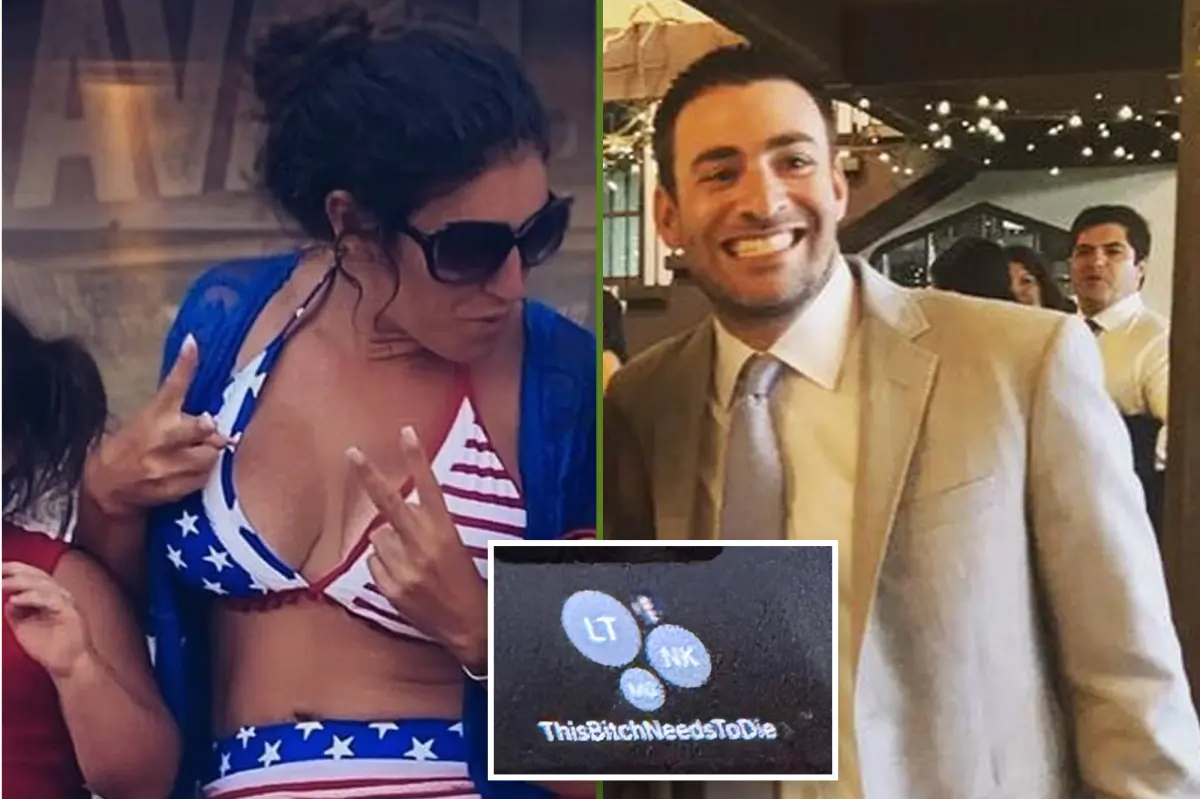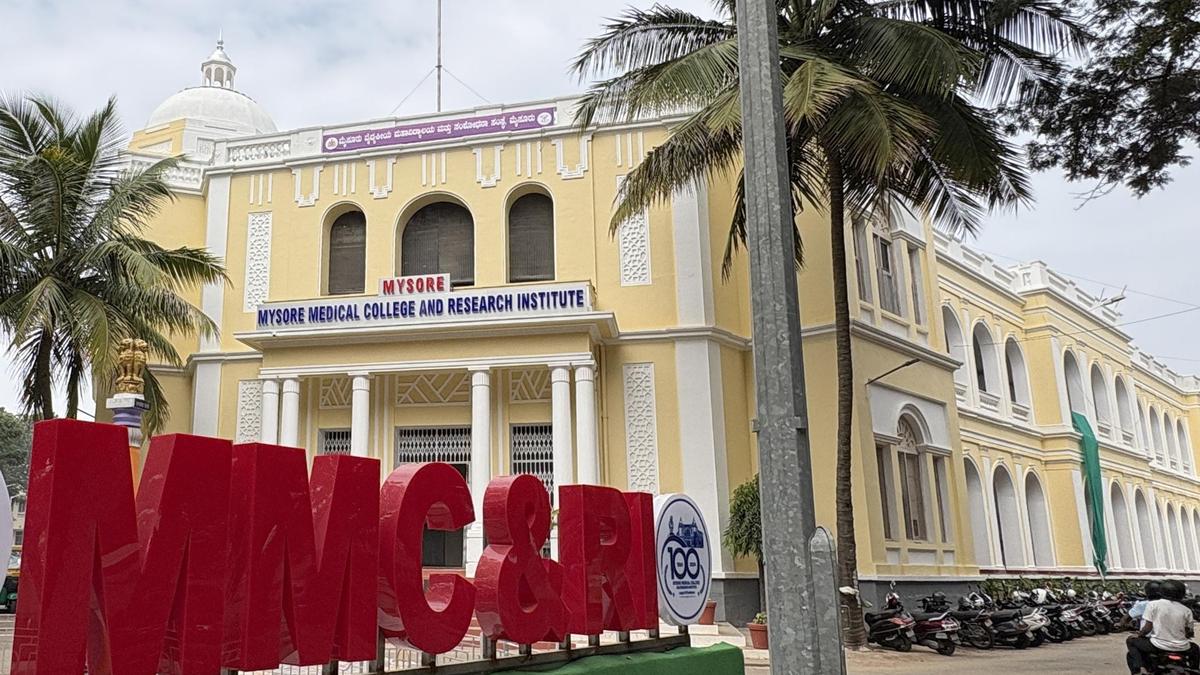Copyright Slate

Sign up for the Slatest to get the most insightful analysis, criticism, and advice out there, delivered to your inbox daily. There are a lot of stories out there about Nicole Daedone having or giving an orgasm in front of a crowd. Here’s one with a video record: In 2007, the writer and business executive invited a group of people to watch her practice “orgasmic meditation,” a form of clitoral massage believed to induce a mystical state. As the founder of OneTaste, a San Francisco–based sexual wellness startup, Daedone was trying to fundraise and gin up publicity, so the audience was filled with journalists and potential investors. In a ceremony held before the main event, a topless woman sat motionless while another woman shook a rattle and draped a live snake around her shoulders. Then, backed by a maroon stage curtain, Daedone appeared. She flashed a winning smile at her audience as an associate removed her robe, revealing her completely naked body. A bald man helped her onto a cushioned massage table and spread her knees on two throw pillows. With Daedone’s genitals facing the onlookers, the man began to stroke her with his hand. Over the course of several minutes, Daedone put on a show of ecstatic pleasure. She flung her head back, moaned, and twitched her middle finger in a come-hither motion. Her whole body shook on the table. Some audience members were invited up to touch her leg, as if they could get a contact high from her arousal. After it was over, someone helped her back into her robe. Cheeks flushed, she then sat for a panel discussion on the experience, gazing meaningfully at her observers, clearly at ease in the spotlight. The spectacle must have been convincing. Shortly thereafter, OneTaste became the de facto purveyor of orgasmic meditation, opening more than 30 practice centers in major cities across the U.S., plus one in London. In 2015, Inc. ranked it No. 537 on its list of the 5,000 fastest-growing companies. Daedone’s magnetic personality and contagious conviction sold the revolutionary power of the female orgasm in the form of $195 group OM classes and $60,000-per-year memberships, with loads of price points in between. The company pulled in $12 million in revenue in 2017, when Daedone sold it to three OneTaste members. The allure was understandable: OneTaste was a provocative concept with a charismatic founder, an air of mysticism, and the seductive promise of female pleasure. Its elevation of the humble hand job to a spiritual practice drew salivating media attention and thousands of practitioners across the world. Then, under a firestorm of alarming allegations, the empire crumbled. Today, OneTaste’s future is darker still. The company is under different leadership and has recently begun courting right-wing favor while confronting a challenge no American enterprise has faced before: How do you revive excitement about commercialized genital stroking when your company has been deemed a “cult” and its venerated spokeswoman is in jail? *** Daedone didn’t invent orgasmic meditation. It was originally pioneered by Victor Baranco, the lead figure of Morehouse, a sexually experimental Bay Area commune founded in 1968 that still offers courses in sexuality today. Daedone learned Morehouse’s “deliberate orgasm” technique from a sex coach she met at a party in the late 1990s. Later, in 2004, she established the practice as the central purpose of OneTaste—but decided it needed a rebrand. Seeking a term with resonance in 21st-century wellness circles, she renamed it orgasmic meditation, or OM for short, pronounced like the Sanskrit syllable. The ritual requires a fully clothed practitioner, usually a man, to ceremonially stroke a specific spot on a woman’s clitoris with a gloved, lubricated finger for exactly 15 minutes as both people focus deeply on the sensations. The woman is naked from the waist down, lying on a “nest” of blankets and pillows, sometimes in a room with several other practicing pairs. (The 2007 demonstration, lacking gloves and a blouse for Daedone, did not follow these strictures.) OneTaste adherents have called it “life-affirming,” saying it has helped them experience sexual pleasure for the first time, recover from deep-seated trauma, or connect more deeply with the world around them. Under Daedone’s leadership, OneTaste began offering OM courses, hosting retreats, and housing dozens of employees in a communal living space. When the New York Times published a piece about the San Francisco OneTaste commune in 2009, 38 people were living there full time, practicing OM at 7 a.m. each day. One member was a “baby-faced 50-year-old Silicon Valley engineer,” fresh out of a divorce, who claimed that the daily practice of studiously petting a clitoris “improves his concentration at work.” Some former members told the Times that Daedone had “cultlike powers” over the group. Media coverage of OneTaste was plentiful, with reporters swinging between rubbernecking at the sex freaks and credulously promoting Daedone’s methods. Netting endorsements from Gwyneth Paltrow and Khloé Kardashian, OneTaste was sometimes spun as adjacent to political movements for gender equality. According to one academic interviewed by the Times in 2009, the commune was part of a long history of San Francisco women “being public and empowered about their sexuality.” Elsewhere, OneTaste was lauded as an edgy, tech-adjacent wellness space offering an efficient hack to better sex. In Tim Ferriss’ bestselling 2010 book The 4-Hour Body, he wrote that OM “should be required education for every man on the planet.” But before long, a handful of former acolytes began telling alarming stories about the inner workings of OneTaste. In 2018, Bloomberg published an exposé alleging that Daedone and head of sales Rachel Cherwitz used psychosexual manipulation to ensnare vulnerable women and urged employees to have sex with potential clients and managers. The company closed its practice centers. A damning BBC podcast called The Orgasm Cult followed, then a Netflix documentary, both reporting that OneTaste pushed members to engage in various sex practices and go into debt to buy more courses. Some former followers called OneTaste a “cult”; a cult deprogrammer and expert witness in cult cases told the Times that the company showed the trademark signs of a coercive cult that could “shut down your ability to critically think and reason.” During all this media scrutiny, OneTaste was under FBI investigation, which led to an indictment in 2023. This spring, Daedone was tried in federal court alongside Cherwitz on charges of engaging in a forced labor conspiracy. Witnesses testified that they were recruited into OneTaste membership with promises of emotional and sexual healing, then coerced under threat of ostracism into participating in unwanted sexual experiences and taking on financial debt. In June, a jury found Daedone and Cherwitz guilty as charged. This turn of events might have tanked most companies, but not OneTaste. Throughout its legal troubles and the public-relations nightmare of the past several years, it has persevered. Today, under the moniker “Eros Platform by OneTaste,” the company is back to selling orgasmic meditation through a robust offering of online courses, while allying with right-wing media to paint Daedone as a victim of a war on religious freedom. This is not the first time OneTaste has tried to rebrand itself with a new name and an emphasis on online classes. After the 2018 Bloomberg article by Ellen Huet, author of a forthcoming book on OneTaste called Empire of Orgasm, the company began marketing itself as the Institute of OM, with a different web presence but much the same staff. “All indications I’ve gotten from reporting on them over the years is that these are people who don’t give up,” Huet told me. Anjuli Ayer, OneTaste’s current CEO and co-owner, is an avid follower of Daedone’s teachings. “She’s an artist. She’s a visionary. She created this philosophy,” Ayer told me, referring to the broader spiritual path of “eros” that Daedone has conceived around orgasmic meditation. Ayer considers Daedone and Cherwitz close friends and is outraged by what she claims are false, malicious allegations of exploitation. For her, their prosecution is more than a legal battle, because OneTaste is more than a company. “This is a mission, and we’re spiritual practitioners,” she said. Ayer came to OneTaste in 2016 at the suggestion of her brother, an OM practitioner, as a possible source of relief from symptoms of a chronic illness. Doctor-recommended treatments hadn’t mitigated her debilitating fatigue. Then she tried OM. “I did nothing else differently in my life, other than I was introduced to Nicole and her philosophy and work,” Ayer said. Within a couple of months, “all of my symptoms disappeared.” The next year, Ayer bought the company with her brother and a friend. When the Bloomberg article dropped the following year, in 2018, Ayer could have blamed her predecessor for the alleged mistreatment it described. Instead, she and other OneTaste employees—many of whom share similar stories of miraculous orgasmic healing or personal growth under Daedone’s tutelage—insisted that the stories were taken out of context, twisted, or invented from whole cloth. Ayer and her colleagues were so certain that the company had done nothing wrong under Daedone that they had her continue writing, giving talks, and advising OneTaste leaders, all of which she did for free. Through the years that followed, she has remained the organization’s guiding light. In a video introducing the Eros Platform, she is the leading voice. The Eros Platform website still publishes her articles and promotes her books, including The Art of Soulmaking and a series called The Eros Sutras. There is still a prominent page on the site—“Who is Nicole?”—devoted to Daedone. It doesn’t present much in the way of biography; it’s more of an abstract essay from Daedone on the substance of her project. In it, she compares her work to that of another intrepid American leader: “Harriet Tubman said, ‘I would have freed more slaves if they had known they were slaves.’ I think we’d have more people healing if the real medicine were not feared and misunderstood.” OneTaste’s recent emphasis on virtual courses would seem to preclude some of Daedone and Cherwitz’s alleged former actions that certain participants found abusive, such as being instructed to sleep with certain people and have unwanted sex as a way of strengthening one’s sexual energy—practices that would more easily take hold in an in-person setting. (OneTaste has said that supervisors might have suggested sex acts to employees as friends, but never as a company requirement.) But OneTaste and its coaches have also been holding in-person OM events at its headquarters in Harlem and an affiliated retreat property in Mendocino County. With the goal of bringing OM to “a billion people,” Ayer has big plans to expand OneTaste, federal convictions of its founder be damned. The company is set to roll out an immersive eight-month coaching program at the Harlem location that will begin in January, marking its most significant in-person offering since Daedone left the company in 2017. “The focus is a deep practice in orgasmic meditation, and then studying many topics through an erotic lens, like art, politics, healing,” Ayer said. It costs $12,000. To recruit participants, OneTaste has been advertising with Instagram ads from the Eros Platform account. “Learn orgasmic meditation,” one ad beckons with a photo of a woman lying on her back, eyes closed. The course is “offered by the Eros Academy.” OneTaste’s name is nowhere to be found. But a curious user who clicks onto the Eros Platform’s Instagram or Facebook pages will soon make the connection. Alongside OM class descriptions, photos of women getting their clitorises stroked, and quotes from Daedone’s books, there are countless posts about the OneTaste trial, all spinning the tale of a state-sponsored witch hunt against two valorous, fully embodied women. The posts occasionally employ the language of progressive movements for reproductive rights—“stop government overreach for control over female autonomy”—but more often align OneTaste with right-leaning factions that have come to the company’s defense against a “weaponized” Department of Justice. (That is, Joe Biden’s DOJ, which first brought the charges.) Across social media, the Eros Platform and its employees are sharing quotes from the American Conservative, Roger Stone, who accused the FBI of malfeasance in the case on his radio show, and Matt Gaetz, who spoke up for Daedone and Cherwitz on One America News. During Daedone and Cherwitz’s trial, OneTaste paid the right-wing website Revolver News—which has promoted conspiracy theories about the Jan. 6, 2021, insurrection—to run sponsored content that OneTaste called “official coverage” of the trial, as if it were the Olympics on NBC. If the OneTaste team’s publicity blitz was intended to influence the judge or jury, it was a colossal failure. The judge in the trial cited the media campaign, among other alleged attempts to intimidate witnesses, when she jailed Daedone and Cherwitz without bail for the months before their sentencing. But the women may be angling for a different prize: a pardon from Donald Trump. Daedone and OneTaste share a public relations team, consisting of crisis communications guru Juda Engelmayer, who sat in on the Zoom call when I interviewed Ayer, and longtime OneTaste member Marcus Ratnathicam. Daedone sought out Engelmayer after being impressed by his work casting doubt on accusers as Harvey Weinstein’s PR rep. As his client, she has already helped him secure one presidential pardon by brokering an introduction to Trump’s “pardon czar” through a prison activist in her orbit. The connection led Trump to commute the sentence of Carlos Watson, the Ozy Media co-founder and Engelmayer client who was convicted last year of defrauding investors in his company. Ratnathicam, who was called out by the judge in the OneTaste case for “making faces” at the prosecution’s witnesses in court, has his own way of appealing to Trump. On X, he has been putting forth a steady stream of pro-MAGA content and sharing posts from Trump allies such as FBI Director Kash Patel and Nayib Bukele, the president of El Salvador. No matter where a new potential OM participant might encounter the Eros Platform, she will be inundated with pro-Daedone propaganda about the trial, sometimes with a Trump-friendly spin about religious freedom or cancel culture. On the OneTaste website, 22 blog posts pick apart the accounts of government witnesses and cast doubt on critical media reports. “Anybody who would be looking to sign up or do business with OneTaste is obviously going to be paying attention to some of that stuff,” Engelmayer said. When they come to the website, he wants them to see an immediate rebuttal. There are a lot of reasons why Daedone and Cherwitz would want to mount a public-facing campaign in their own defense. But for the company, it’s a curious decision. If Ayer and her colleagues were trying to make the most money—or bring OM to the most people, if they believe it is the world-changing practice they say it is—they might have kept quiet about the trial or issued a simple, evenhanded statement denying any wrongdoing. By doubling down on their allegiance to a controversial (and, now, convicted) figure who no longer runs the company, OneTaste seems to be forcing potential customers to make a tougher decision than whether to try a ritualized genital-stroking practice for spiritual enlightenment: Either buy into a narrative of unjust persecution, as laid out by the right-wing media, or kindly bugger off. Anuj Gupt, who took a OneTaste workshop last year and has been watching Daedone’s webinars, doesn’t see it that way. “My belief is in the philosophy and the process,” he told me, his interest in OM undiminished by Daedone’s conviction. (As a man, Gupt is a “stroker”—the person who provides stimulation to the clitoris.) Another OneTaste adherent, Hung-Yeh Peisinger, began attending in-person OneTaste workshops in New York in early 2018, and was set to attend a coach training program that got canceled around the time the company shut down its practice centers. Since then, she has attended many virtual OneTaste events and lectures from Daedone on Zoom, including in the past year, as Daedone’s trial loomed. “Listening and conversing with Nicole felt very precious to me and my partner,” Peisinger told me in an email. She believes that the indictments against Daedone and Cherwitz were “made up,” relying on testimony from witnesses who now regret consensual decisions they made as OneTaste members a decade or more ago. While some people may be turned off by the OneTaste’s crusade in support of a convicted felon, Peisinger believes that others could be attracted to the teachings of a woman labeled by the establishment as a danger to society. She finds OneTaste’s sponsorship and promotion of right-wing media outlets “peculiar,” but it hasn’t tarnished her affection for the company or Daedone. “Nicole is the soul of One Taste,” Peisinger told me. “Although she doesn’t technically own the company anymore, the whole premise of the company rests on the depth of experiences, realizations, and spiritual leadership of Nicole.” There are also former OneTaste members who no longer want to be associated with the company but still believe in OM as a powerful practice that might benefit millions of people worldwide. Elana Auerbach, who described her troubling experiences as a OneTaste member in the Netflix documentary Orgasm Inc: The Story of OneTaste, is one of them. She hadn’t heard of the Eros Platform when I asked for her thoughts on the company’s new efforts earlier this month. When she took a look at the website, she was glad to see that it was clearly marked as a OneTaste offshoot. “If people want to explore a cult, then they can now go in with eyes wide open,” she said. Still, Auerbach calls her weekly OM-ing “a miracle in my life” and wants all people to have access to “this simple, personalized, reliable practice for sensual fulfillment.” Various OM adherents who have separated from OneTaste still credit the ritual with healing their relationships to sex, helping them recover from psychological trauma, and deepening their romantic connections. Though some have made efforts to build independent OM communities, none have managed to capture the zeitgeist or achieve broad recognition in the way that OneTaste did. “That is something that some people see as kind of a tragedy,” Huet said. “They feel sad that [OM] is apparently inexorably tied up with OneTaste the company.” Thus far, Ayer’s bid to revamp and expand that company isn’t faring so well. OneTaste has spent more than $15 million in legal fees since Ayer and her co-owners took over in 2018, including on lawsuits against the BBC and Netflix. It currently operates at a loss, though the company says more than 16,000 people have become members of the Eros Platform—including the free membership option—since its 2021 launch. (By comparison, just 35,000 people attended in-person OneTaste events between 2006 and 2018.) Ayer said that over the past eight years, the company has had to devote “the vast majority of resources” to fighting its various legal battles, which required OneTaste staff members to turn their attention away from the work of OM and toward “fighting lawfare.” On social media, where the organization always seems to be announcing a new class or initiative, there seems to be little engagement, with the same handful of die-hard members and employees talking to one other in the comments. From the outside, it appears that this group of true believers may have squandered an opportunity to bring an allegedly life-changing practice to a broader community by presenting it in a neutral, less polarizing way. The potential audience for a spiritual clitoral-stroking ritual affiliated with the MAGA right and two convicted federal criminals is likely much smaller than it would have been had OneTaste shed those connections. As it stands, the company seems to exist as much to provide funding, legitimacy, and publicity for Daedone and Cherwitz’s defense as to deliver education on orgasmic meditation. But Ayer’s faith in the promise of OM remains strong. She predicts that it will follow the same public life cycle of such once disparaged practices as yoga and psychedelic drug use: “suppression, followed by recognition, and then, I hope, followed by actual prescription” by health care professionals. If that dream comes to pass, OneTaste will be there to reap the profits. Until then, Ayer said, “my job is to make sure that, no matter what, this vision continues.”



